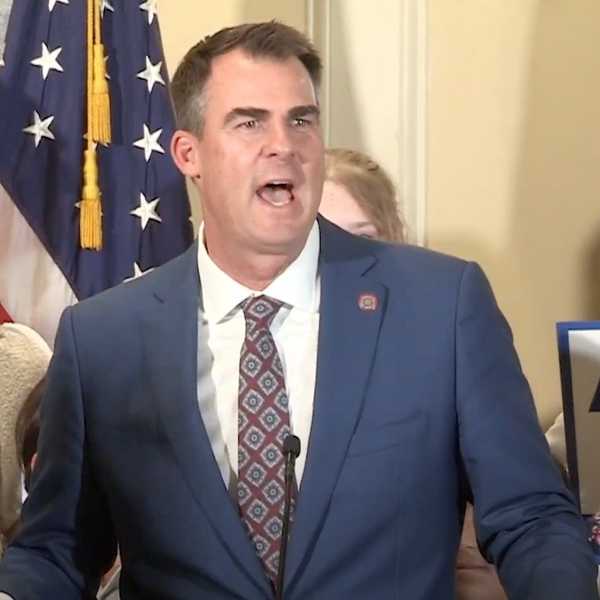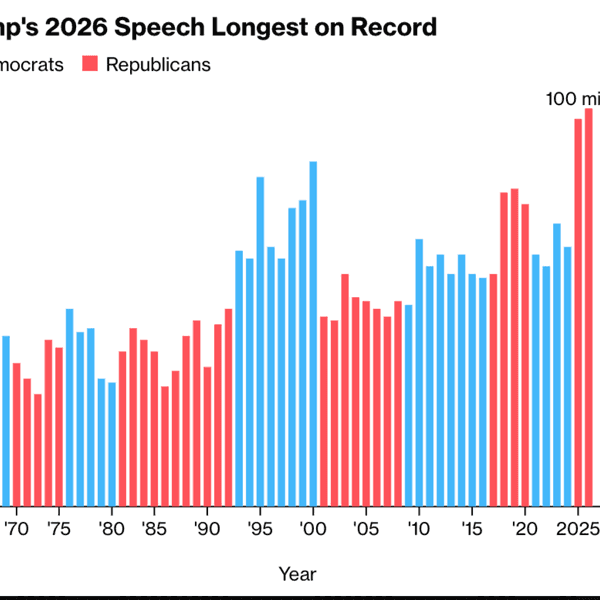Outraged Democrats from Capitol Hill to the White House are denouncing Senator Ron Wyden (D-OR) for sponsoring a new Medicare “reform” bill with Rep. Paul Ryan (R-WI). The House Republican budget authored by Ryan last spring, which would have transformed Medicare into a voucher program, left him and his party on the defensive with voters. But now conservatives are crowing. And Democrats are asking why Wyden would provide “bipartisan” cover for Ryan and the Republicans, just in time for the 2012 election?
Wyden’s explanation, which hasn’t satisfied many of his fellow Democrats, is that he has long sought a deal with Republicans on health care to extend coverage by controlling costs. While Ryan’s original plan did neither, but merely turned Medicare over to the private sector in a much diminished form, the Ryan-Wyden model would supposedly preserve traditional single-payer Medicare for those who prefer it while offering cheaper private health coverage funded by vouchers. In theory, at least, this approach would eventually reduce the burgeoning medical costs that have swamped federal and state budgets and burdened the U.S. economy.
The most obvious problem with Ryan-Wyden from a policy perspective, as Ezra Klein noted immediately in the Washington Post, is that it fails to deliver the Democratic side of the bargain that the Oregon Democrat has sought in the past. But the Republicans get what they want — a federal program that protects and subsidizes private insurers, undermining Medicare, which has been their true goal since the Reagan era.
For almost every Democrat except Wyden, this is a lousy deal, as Neera Tanden of the Center for American Progress Action Fund said without mincing words: “The Medicare privatization plan unveiled today by Rep. Ryan and Sen. Wyden still shifts costs to seniors, making many of those who wish to remain in traditional Medicare pay sharply higher premiums—or forcing them to move to a private plan that provides lower quality care or less choice of providers….This result would sacrifice the advantages of Medicare: its pricing power, its low administrative costs, and its ability to drive system-wide efficiencies in health care delivery. These risks are too great and set our country and our seniors on an uncharted path that lays the foundation to end Medicare as we know it.”
Beyond the policy issues, however, there is a political problem with Wyden’s actions that will be difficult for him to justify. He and Ryan say that they intend to introduce a bill after the 2012 election — so why would Wyden propose such a divisive plan now? What he has done, as right-wing publications from the Wall Street Journal to the tiniest winger blog boasted yesterday, is to shine up the Ryan plan with a bipartisan veneer.
Even if Wyden feels that he must support a voucher program, why not win the election first and then seek a bargain with the Republicans from a position of partisan strength. Moreover, he must know that there is no chance of a broad budget deal on Medicare with the Republicans in an election year. What he has done now calls into question his commitment to universal coverage and to the preservation of Medicare.








